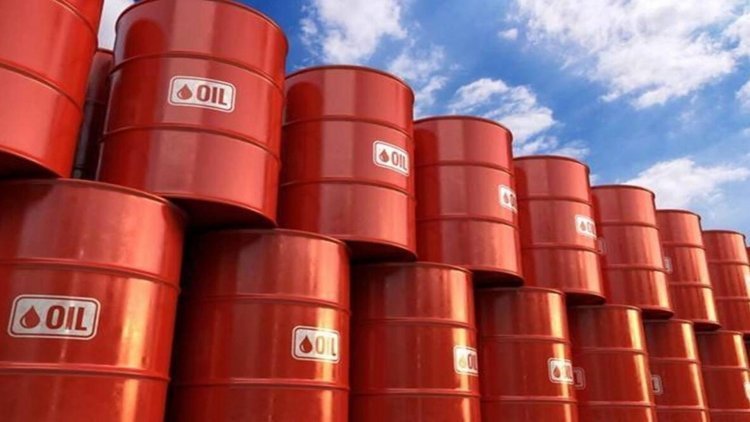Oil climbs 4% on supply concerns but is still expected to fall weekly
A minor reduction in OPEC+ oil output plans revealed this week also helped to maintain prices. Russian President Vladimir Putin has threatened to restrict oil and gas supplies to Europe if price caps are implemented.

On Friday, oil prices increased by around 4%, helped by actual and threatened supply cutbacks. However, futures showed a second weekly fall as the prospect for demand was hampered by aggressive interest rate hikes and China's COVID-19 limitations.
A minor reduction in OPEC+ oil output plans revealed this week also helped to maintain prices. Russian President Vladimir Putin has threatened to restrict oil and gas supplies to Europe if price caps are implemented.
A barrel of Brent crude increased by $3.69, or 4.1%, to close at $92.84. West Texas Intermediate (WTI) crude for the United States increased $3.25 or 3.9% to close at $86.79 per barrel.
According to Stephen Brennock of oil broker PVM, "the West will have to deal with the possibility of losing Russian energy supplies and rising oil prices over the next months."
Brent is down significantly from a rise in March near its all-time high of $147 when Russia invaded Ukraine, pressured by concerns about a recession and demand.
In the wake of the invasion, the Group of Seven is looking for methods to restrict Russia's significant oil export earnings. A representative from the U.S. Treasury Department told reporters on Friday that any risk premium brought on by Russia's invasion of Ukraine should be deducted from the price restriction on Russian oil that the G7 nations intend to impose on Moscow as punishment.
Despite the recovery on Friday, both crude benchmarks were still expected to decline for the week, with Brent down roughly 0.2% for the week after briefly reaching its lowest level since January. WTI reported a 0.1% weekly drop.
According to Fed Governor Christopher Waller on Friday, if the US Federal Reserve can keep the unemployment rate at 5%, it can be aggressive in bringing down inflation, but after that, tradeoffs will become apparent.
While the economy "can take a blow," the Fed should be aggressive with rate hikes, he said.
The White House is not currently exploring any releases from the U.S. Strategic Petroleum Reserve (SPR) beyond the 180 million barrels that President Joe Biden declared months ago, according to a U.S. Department of Energy official. The administration was debating whether or not to carry out additional SPR releases, Energy Secretary Jennifer Granholm earlier told Reuters.
The White House is delaying yet another SPR release, according to Price Futures Group analyst Phil Flynn. Looks like the market is no longer experiencing many of its prior worries.
According to energy services company Baker Hughes Co., the number of U.S. oil rigs dropped by five this week to 591, the lowest number since mid-June, as output growth has stalled despite relatively high energy prices.
Prices have also been impacted by the unexpected 75 basis point rate increase by the European Central Bank this week and further COVID-19 lockdowns in China.
On Thursday, the majority of Chengdu's more than 21 million residents were placed under lockdown, and authorities in other parts of China advised millions more people to avoid travelling over the impending holidays.




 admin
admin 




















